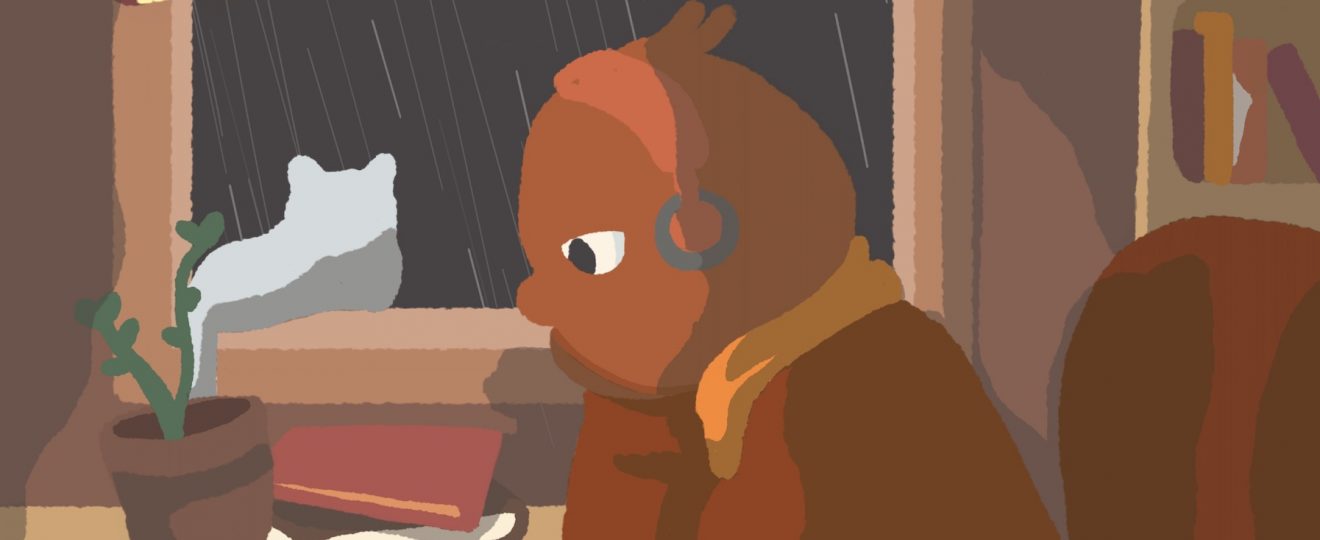Emotion and culture are pillars of humanity. When they are wedded together, art is created. Art is the expression and dissemination of humanity’s shared experiences. Art is a sign of the times; it is an expression of cultural dissent, of unity, of human understanding of freedom, sexuality, tenderness, aggression… of being human. The mouthpiece of the artistic and cultural body is music, which serves to vocalise shared identity and culture, weaving together the fabric of society.
Thus, music becomes a way to trace the progression of a society. Patterns in popular music map the fusing of cultures and advancement of diversity. As the global community and interconnectivity between cultures increases, music is becoming increasingly universal; reggae artist Chronixx summarises this by stating:
‘The yutes (youths) [of today] are born into a time where one of the first devices they get is an iPad with 10 million songs from all over the world [on it]. They are not trying to spend their first years deciding what music is jazz… they don’t have time for that. Music for them is a spiritual experience, it’s not about trying to put music into categories’.
Music is becoming harder to define, and genre blending is becoming more common as we progress towards a more diverse society. Mainstream UK club music as it stands currently is an amalgamation of dancehall, afrobeat and reggaeton, dubbed afrobashment and afroswing; leaking into chart topping pop songs and club anthems. The current music scene is a celebration and explosion of diversity. Black British artists are being championed, experiencing an influx of reverence and global success.
Yet it is important to remind ourselves that the current UK music scene, with all its influences and its multiplicity, is a product of historical and cultural strife. The success story of the current UK music scene is completely owed to the arrival of the Windrush Generation. The Windrush Generation includes anyone who immigrated to Britain from the Caribbean between 1948 and 1973, when the UK government actively invited immigration from Commonwealth nations to help rebuild the state after WWII. British Trinidad born poet and academic Anthony Joseph holds that although Windrush was not the beginning of multicultural Britain,
‘…the Windrush arrived at a particular time in UK history when British culture was open… [and when] a lot of British people were still trying to figure out what it meant to be British. So, politically, the impact of the Windrush Generation’s arrival expanded the definition of what Britain was.’
The already diverse Caribbean communities brought musical influences from Latin America, Africa and Asia; bringing people who could play jazz, blues, gospel, Latin music as well as their own sound to the UK. The calypso artist Lord Kitchener brought the sound of soca (soul of calypso) music from Trinidad and Tobago upon his arrival to Britain in 1948, and many believe that it was Lord Kitchener who was among the first wave of black British musicians to create a culture of music that would still exist today. It then became popular to sample soca, and the influence and popularity of reggae, ragga and dancehall shortly manifested. It would not be possible for grime, drum and bass, UK garage, jungle, dubstep and afrobashment to exist without the foundations of Caribbean culture being laid in 1948, changing the cultural fabric of the UK.
Despite forming so much of British identity (musically and beyond), the Windrush generation has not received the respect that was due. The 1948 British Nationality Act that granted the right to settle in the UK to everyone who was a British subject (having been born in the UK or a British colony) stated that the Windrush generation did not need any documents to prove their legal immigration status. Yet the UK government employed a ‘hostile environment policy’ in 2017 and began threatening to deport people from the Windrush Generation due to inadequate paperwork. When threatened with deportation, British officials offered cultural advice about what to expect on arrival back in Jamaica, advising how to ‘sound Jamaican’ and not to attract attention to their Britishness. The Windrush scandal saw an attack on the identity of Black Britons, author Joyce Trotman describing how British West Indians ‘were [first] children of empire, then citizens of the Commonwealth, and now foreigners and immigrants.’
Black Briton’s existence was and continues to be institutionally denied, despite how integral the role of diversity and immigration has been to the formation of British society. The contradiction between enjoying the diverse and energetic music and arts scene of the UK whilst simultaneously shunning diversity and censoring black British culture is a troublesome dichotomy. It is a troublesome dichotomy formed by capitalism, nationalistic pride and racism. It is apparent that culture and diversity are institutionally valued only if it can be capitalised on.
The history of colonialism echoes in the treatment of the Windrush generation: institutions in the UK capitalise on the labour and culture of a certain group, yet enable racism to creep into the picture when their system feels threatened. Musical diversity is championed when it can be economically capitalised on or mindlessly enjoyed. However, when it comes to black people congregating in public spaces to celebrate their culture, it is routinely demonised. Notting Hill Carnival is heavily policed and called to be removed every year, and Form 696 (which the Met police ordered event organisers and club spaces to fill out to root out grime raves and shut them down) was structurally racist, asking organisers for the ethnicity of likely clientele attending the events until 2009, and was only formally revoked in 2017. This is a Western epidemic: it also plagues America, where music created by black Americans is readily taken as a source of entertainment whilst structural racism simultaneously infects their lives (see the song and music video for This is America by Childish Gambino, which shows Gambino and young black dancers energetically performing internet-famous dances whilst mobs riot in the background).
Diversity is the catalyst of societal growth. Multiculturalism is instrumental in forming the true identity of humanity. It is thus of the utmost importance to critically dissect the art you consume, what has enabled its expression and what its creation means for society. Consciously consume. We are more humane than our politics: unity can sit alongside and, with perseverance, topple enduring structural intolerance.
art by Julie Torres




